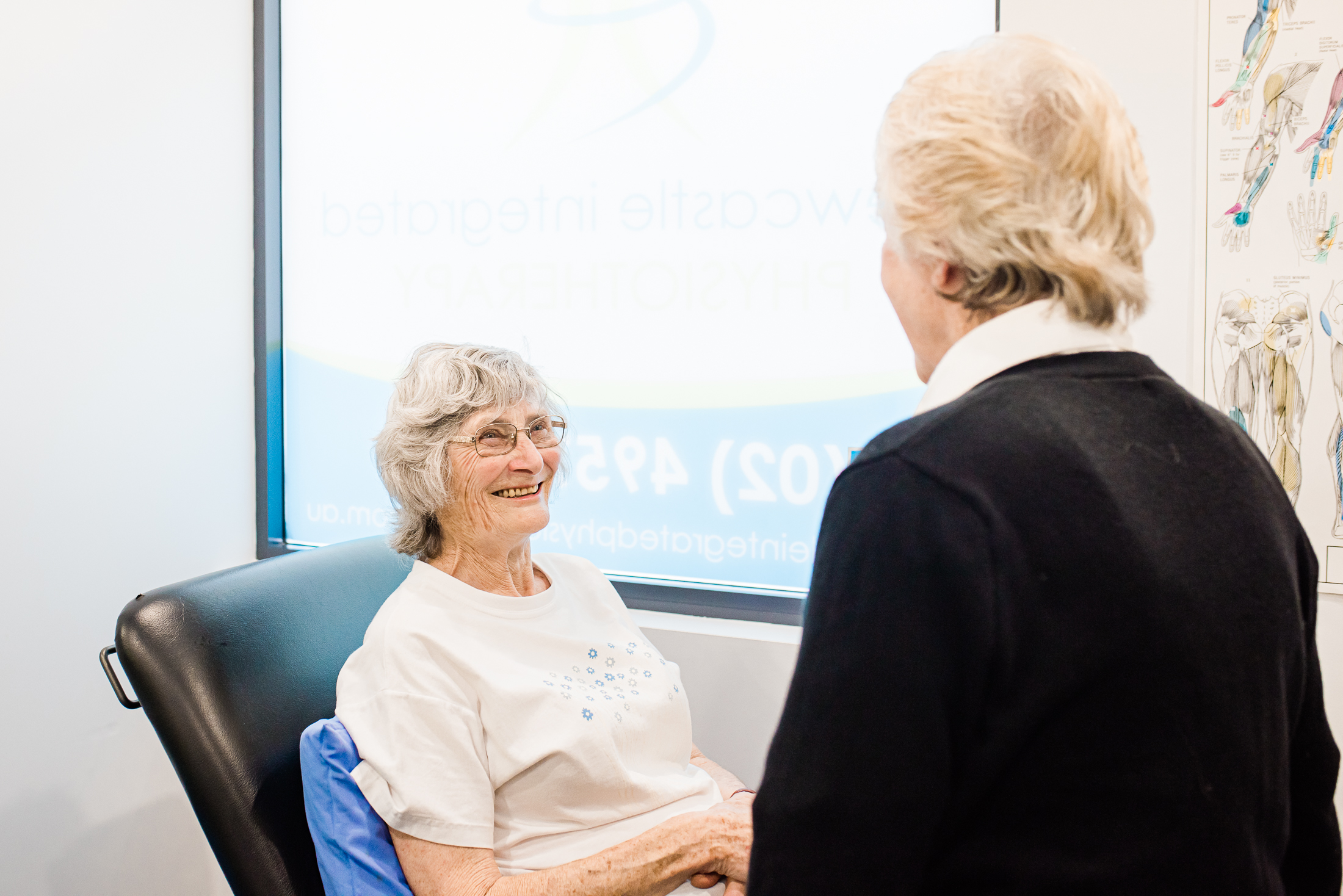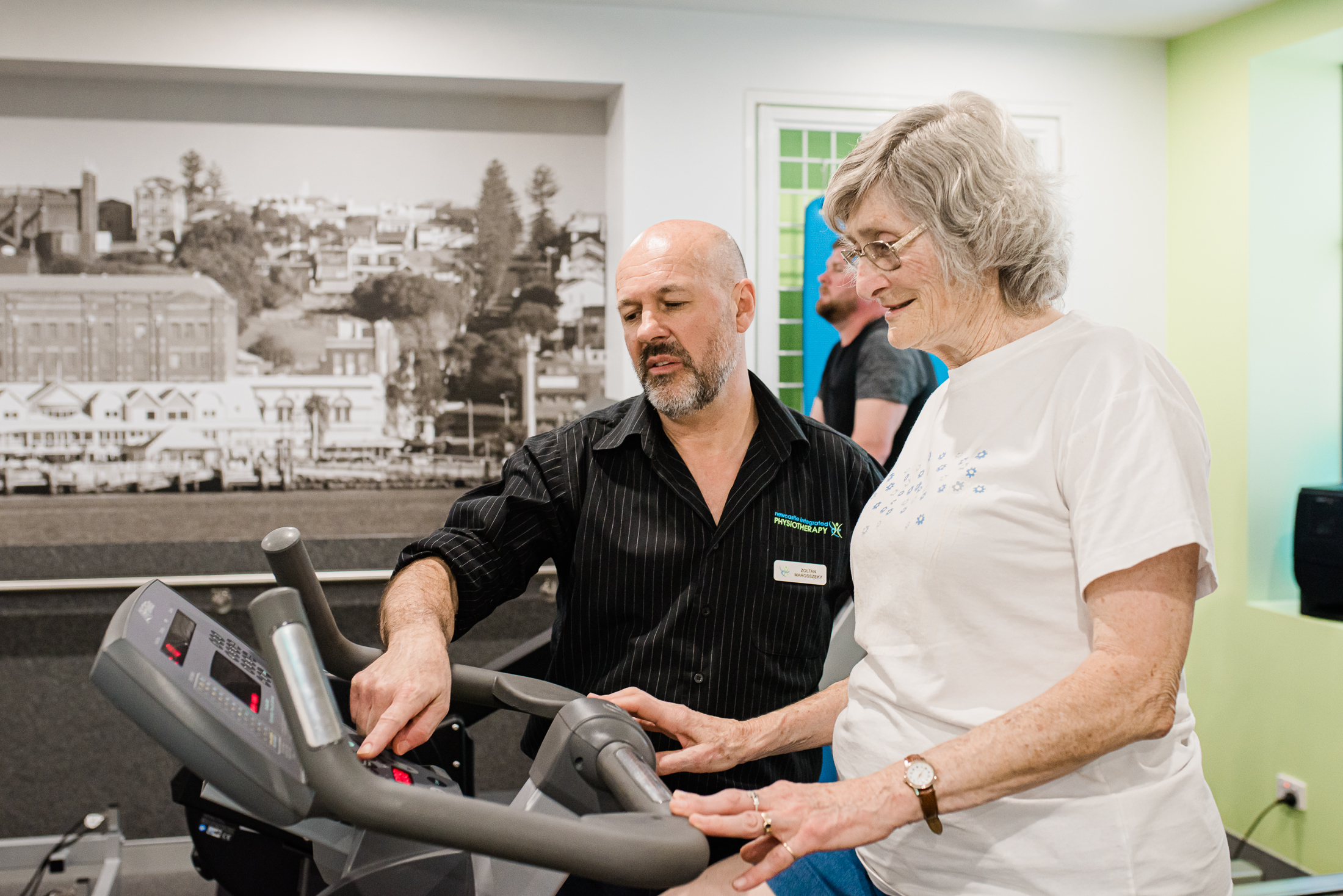Currently in Australia, 1 in 2 men and women will be diagnosed with cancer by the age of 85. However, cancer survival has improved over time and recent figures show that 7 in 10 people will live longer than 5 years post-diagnosis. It is widely accepted that regular exercise participation reduces the risk of developing many chronic diseases, including cancer.
Exercise as Medicine
An extensive and growing body of research has established that exercise is a particularly potent medicine for the management of cancer. This is because exercise provides many physical and psychological benefits for people with cancer. The clinical research in this area has produced recent changes to standard practice in cancer care, and a great deal of research is currently underway to rigorously evaluate the effects of exercise on cancer survival (which is really positive and very exciting!). The position statement of the Clinical Oncology Society of Australia (COSA), outlines that all people with cancer should avoid inactivity and should progress towards and maintain participation in regular exercise. COSA also calls for exercise to be embedded as part of standard practice in cancer care, which therefore includes referral to an accredited exercise physiologist and/or physiotherapist with experience in cancer care.
The benefits of exercise for people with cancer includes:
-Exercise attenuates cancer related fatigue levels during and after treatment
-Exercise effectively counteracts many side effects of cancer and its treatment
-Exercise provides a protective effect against cancer recurrence, cancer specific mortality and all-cause mortality for some types of cancer
-Exercise has been shown to improve the quality of life and reduce psychological distress during and after treatment
-Exercise prehabilitation improves treatment outcomes
-Exercise lowers the risk of developing new cancers and comorbid conditions such as cardiovascular disease, diabetes and osteoporosis
-Exercise improves physical function and immune function
Recommendations
Although exercise for people with cancer is endorsed by government and non-government cancer organizations, unfortunately approximately 60-70% of people with cancer do not meet aerobic exercise guidelines, while 80-90% do not meet resistance exercise guidelines. While current exercise recommendations mirror those of a healthy population, many variables and considerations need to be taken into account when it comes to exercise prescription and it therefore definitely not a one size fits all approach. Exercise recommendations should be individually tailored and constantly adapted based on disease and treatment-related adverse effects, anticipated disease trajectory, as well as health and injury status. As exercise prescription for people with cancer is therefore complex, accredited exercise physiologists and physiotherapists are the most appropriate health professionals to see regarding exercise advice.
If you, or someone you know have previously been diagnosed with cancer, or you want advice regarding lifestyle changes to improve your health, give us a call on ..49572961


